SC issues notice to RBI on pleas alleging violation of RTI law
Sat 26 Jan 2019, 16:47:43
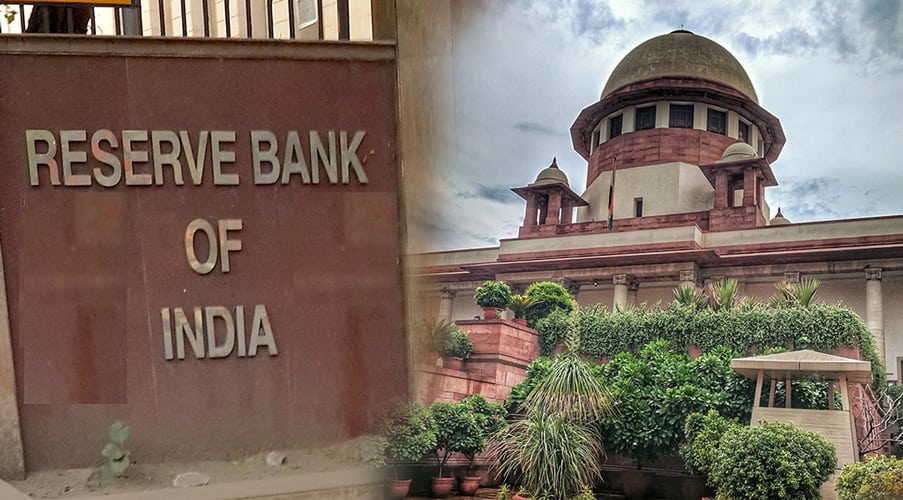
NEW DELHI: The Supreme Court on Friday sought RBI's response on two pleas seeking contempt proceedings against the central bank and its former Governor Urjit Patel for non-disclosure of information under RTI about some banks.
A bench headed by Justice LN Rao issued notice to the Reserve Bank of India (RBI) for not disclosing information about the list of banks on whom certain fines were imposed for violating some banking rules.
The court has asked RBI to file reply within four weeks and listed the matter for hearing in March.
The pleas, filed by Girish Mittal and Subhash Chandra Agrawal, claimed that RBI and Patel had "willfully and deliberately" disobeyed the top court''s judgement asking the central bank to disclose infirmation under the Right to Information (RTI) Act.
Subhash Chandra Agrawal had sought complete information including related documents from RBI on imposition of fines on some banks for violating rules.
He had also sought the list of banks and the default for which show cause notices was issued to them before the fine was imposed.
Despite the top court's judgement for disclosure of such information, RBI had issued a "Disclosure Policy" under which it has listed certain information as being exempted from being disclosed of the RTI Act.
"It is to be noted that these specific information are similar to what were held not to be exempted by the Supreme Court," claimed the plea, filed through lawyer Prashant Bhushan.
RBI had refused to disclose such information on the grounds of economic interest and holding such information in fiduciary relationship with these individual
banks.
banks.
"Such reason is in direct contempt with this court''s judgment. The information titles which are in contempt belong to Department of Banking Regulation, Banking Supervision, Cooperative Banking Regulation/Department of Cooperative Banking Supervision and Consumer Education and Protection Department.
"These exempted information under the policy were held to be not exempted by the Supreme Court. Thus, this exemption leads to contempt of this court''s order," the plea said.
The Supreme Court had in 2015 held that RBI should take rigid action against those banks and financial institutions which have been indulging in "disreputable business practices" and said it cannot withhold information on defaulters and other issues covered under the RTI Act.
It had further clarified that RBI cannot withhold information under the "guise" of confidence or trust with financial institutions and is accountable to provide information sought by general public.
The pleas claimed that the disclosure policy framed by the RBI headquarter is like an instruction to its Public Information Officers (PIOs) not to furnish virtually all kinds of information.
"Under the RTI Act, 2005, it is the PIOs who have been cast with the statutory duty to comply with the provisions of the RTI Act (as interpreted by the Courts) and it is the PIOs who face penalty for non-compliance.
"The policy provides with different titles of information divided department wise that are not to be disclosed under the RTI Act, 2005. The reason for non-disclosure of information by RBI under its "Disclosure Policy" has been based on economic interest and fiduciary relation with the individual banks," the pleas said.
No Comments For This Post, Be first to write a Comment.
Most viewed from National
Most viewed from World
AIMIM News
Delhi Assembly polls: Owaisi leads Padyatra in Okhla
Feb 01, 2025
We reject this Waqf Amendment Bill: Asaduddin Owaisi
Jan 30, 2025
Latest Urdu News
Most Viewed
May 26, 2020
Which team will win the ICC Men's Champions Trophy 2025 held in Pakistan/Dubai?
Latest Videos View All
Like Us
Home
About Us
Advertise With Us
All Polls
Epaper Archives
Privacy Policy
Contact Us
Download Etemaad App
© 2025 Etemaad Daily News, All Rights Reserved.

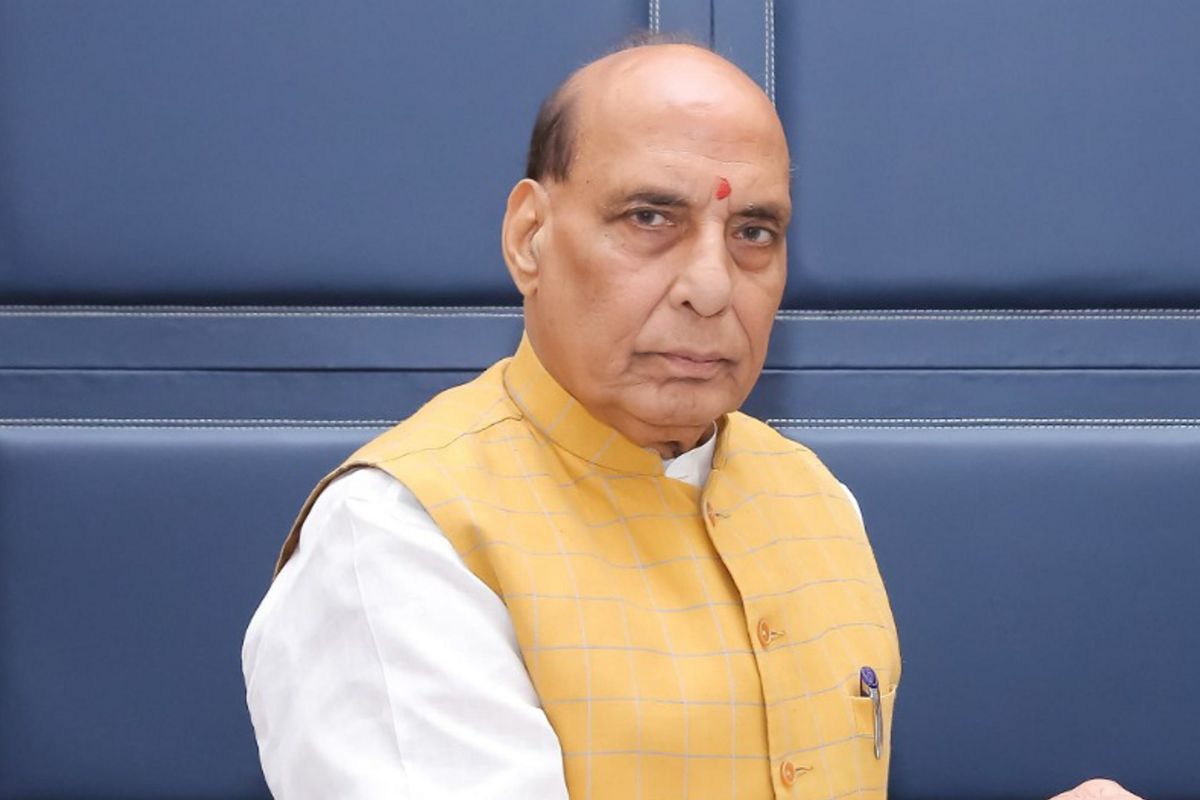

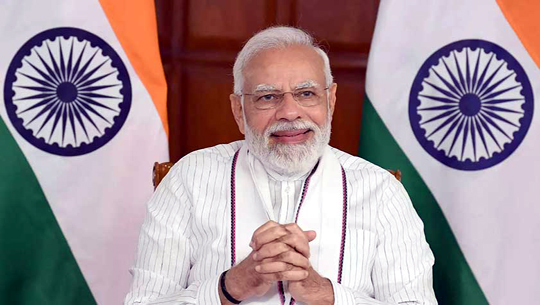
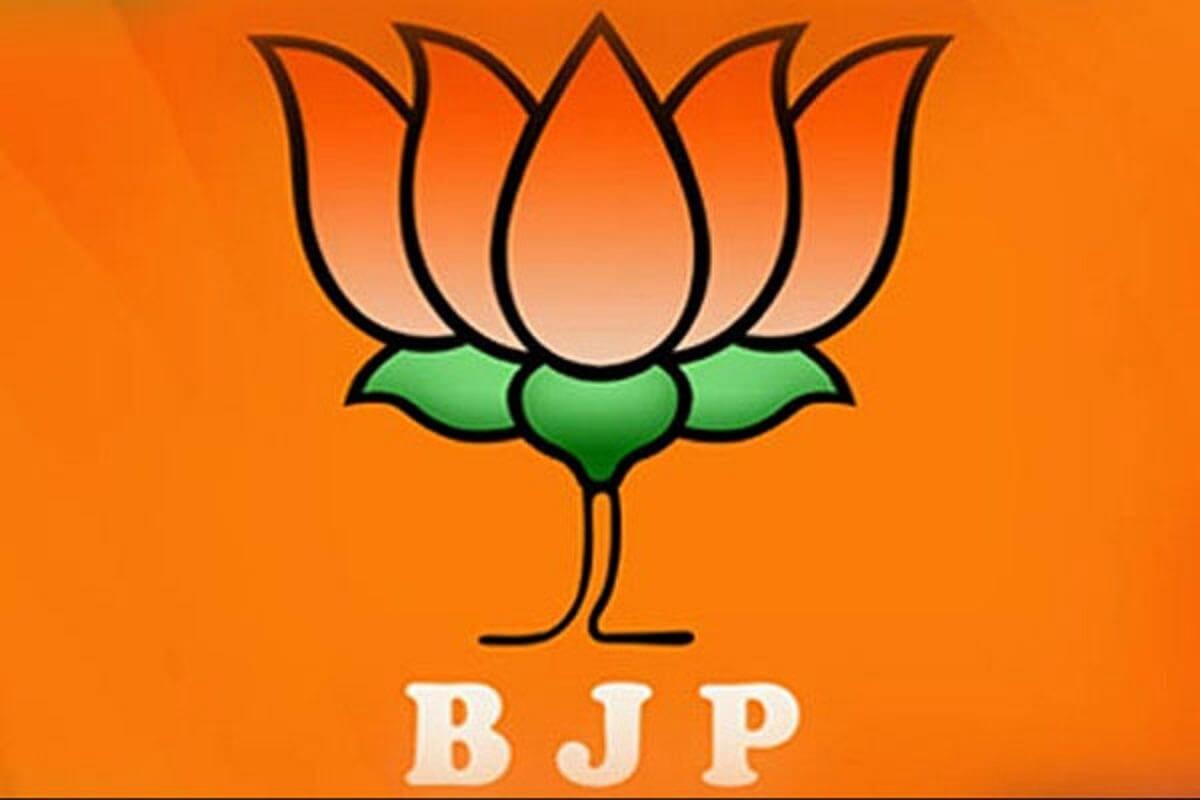

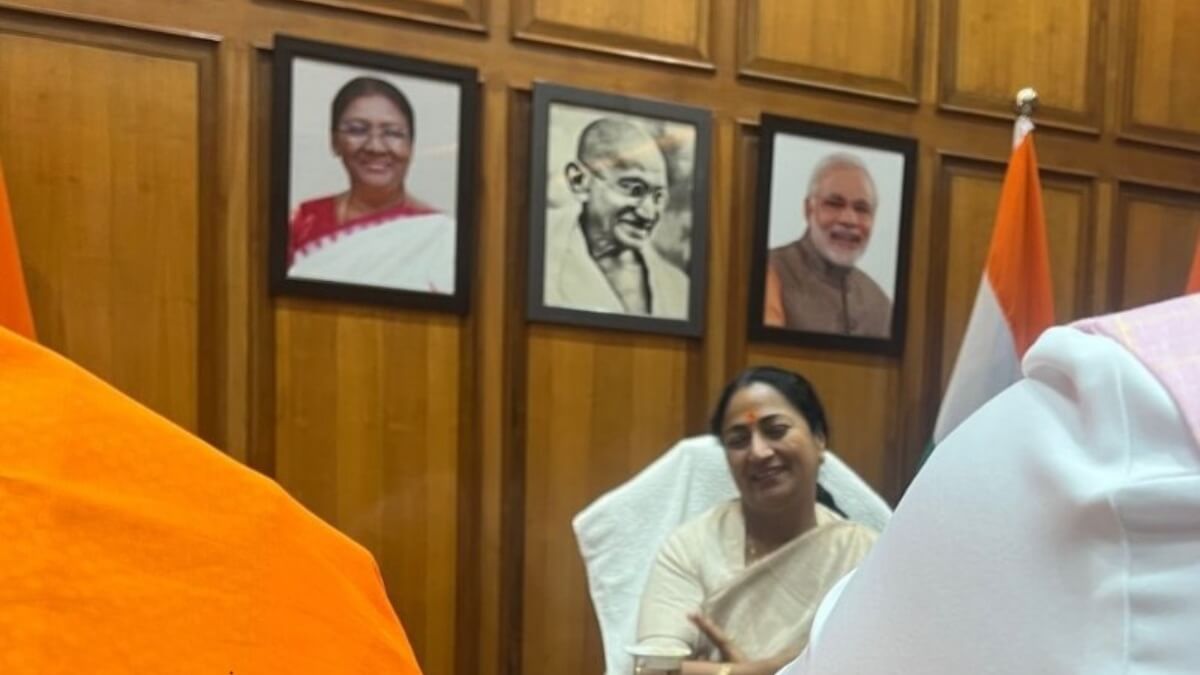
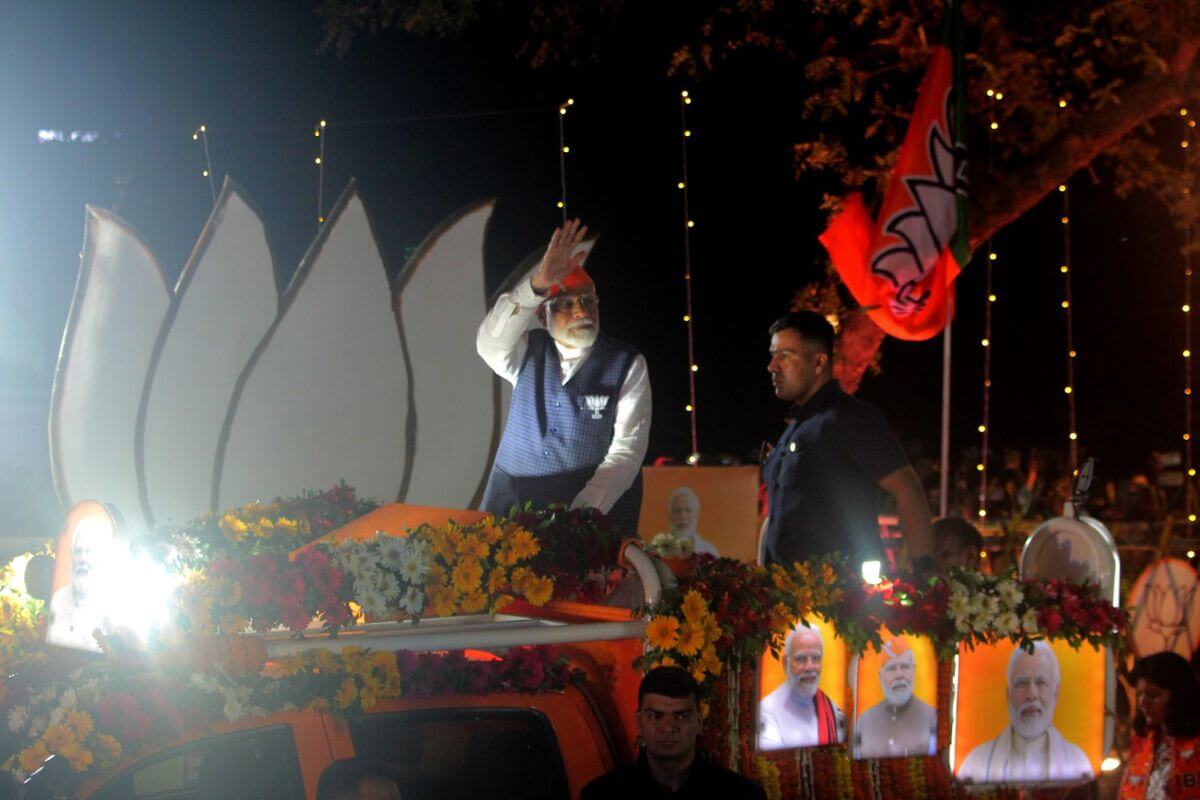


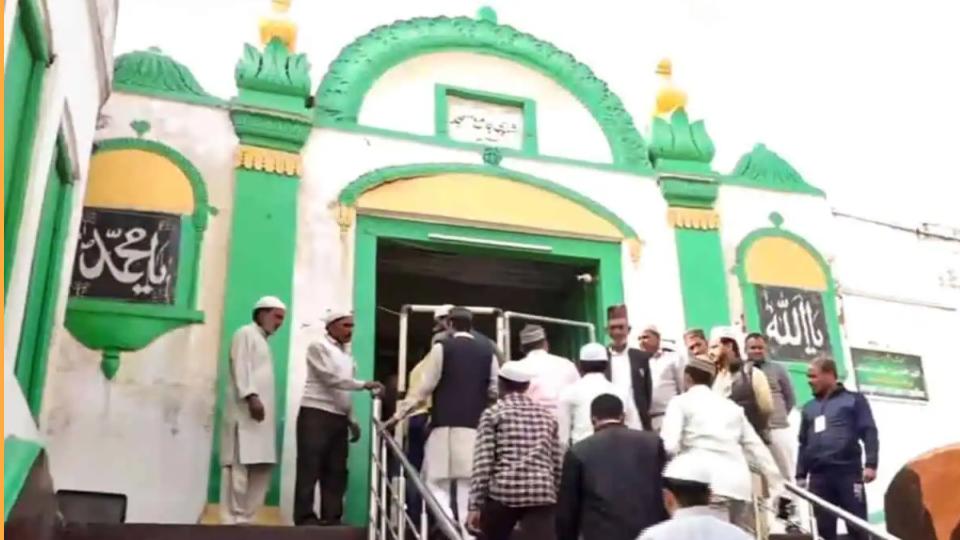
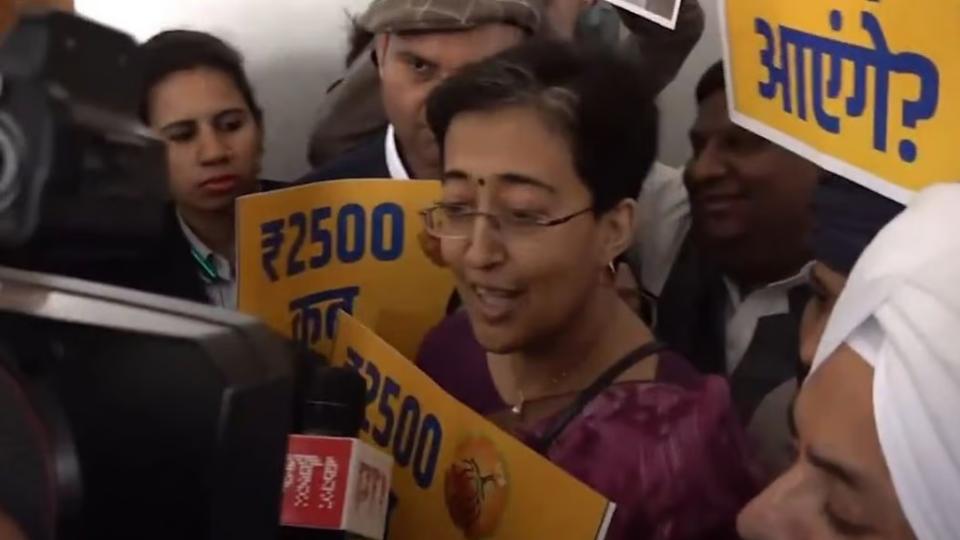
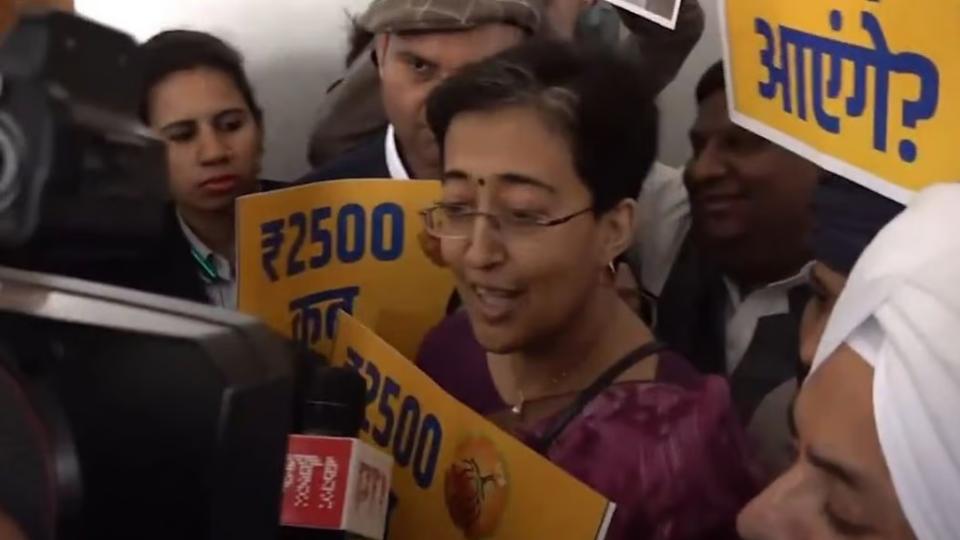
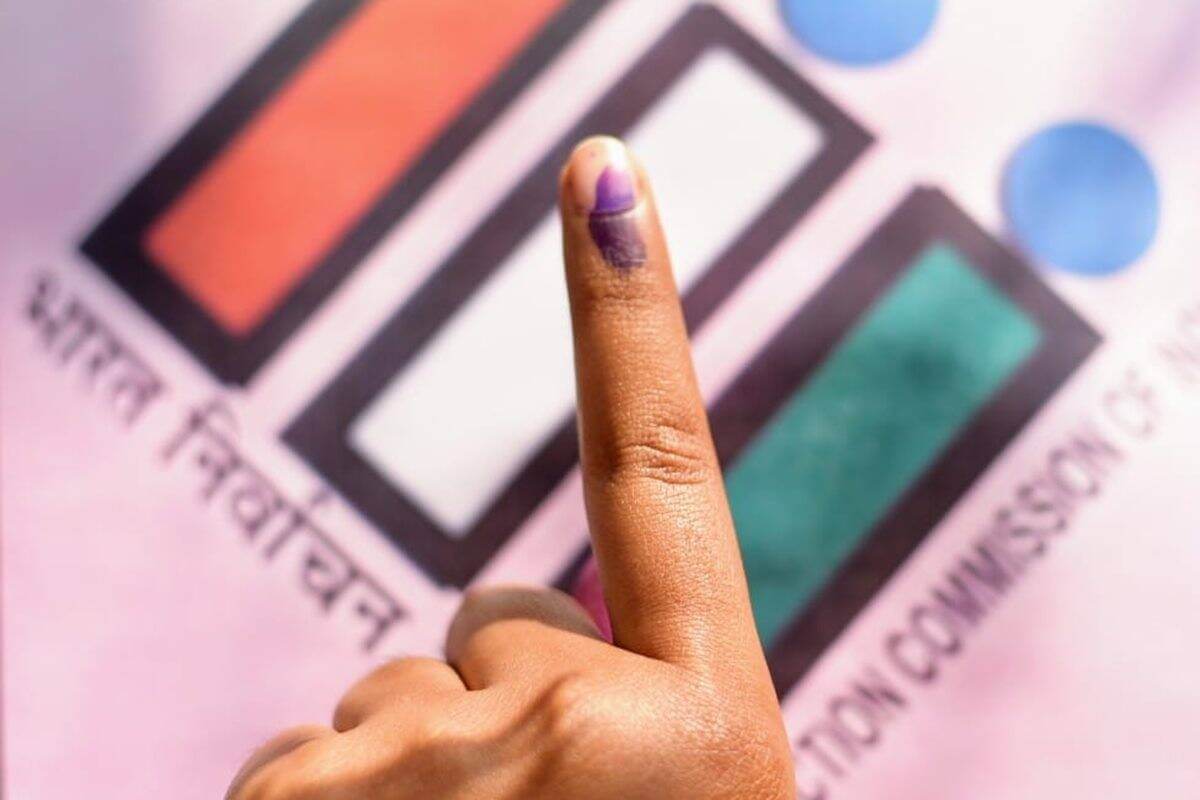

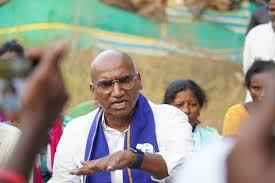
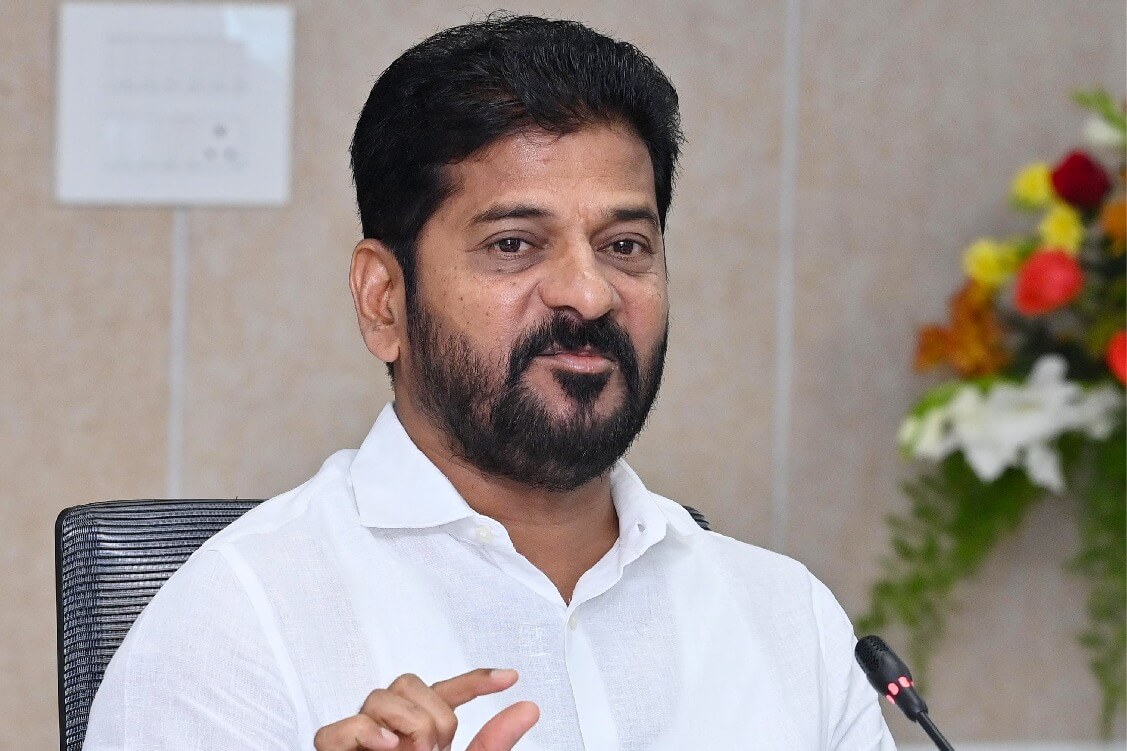
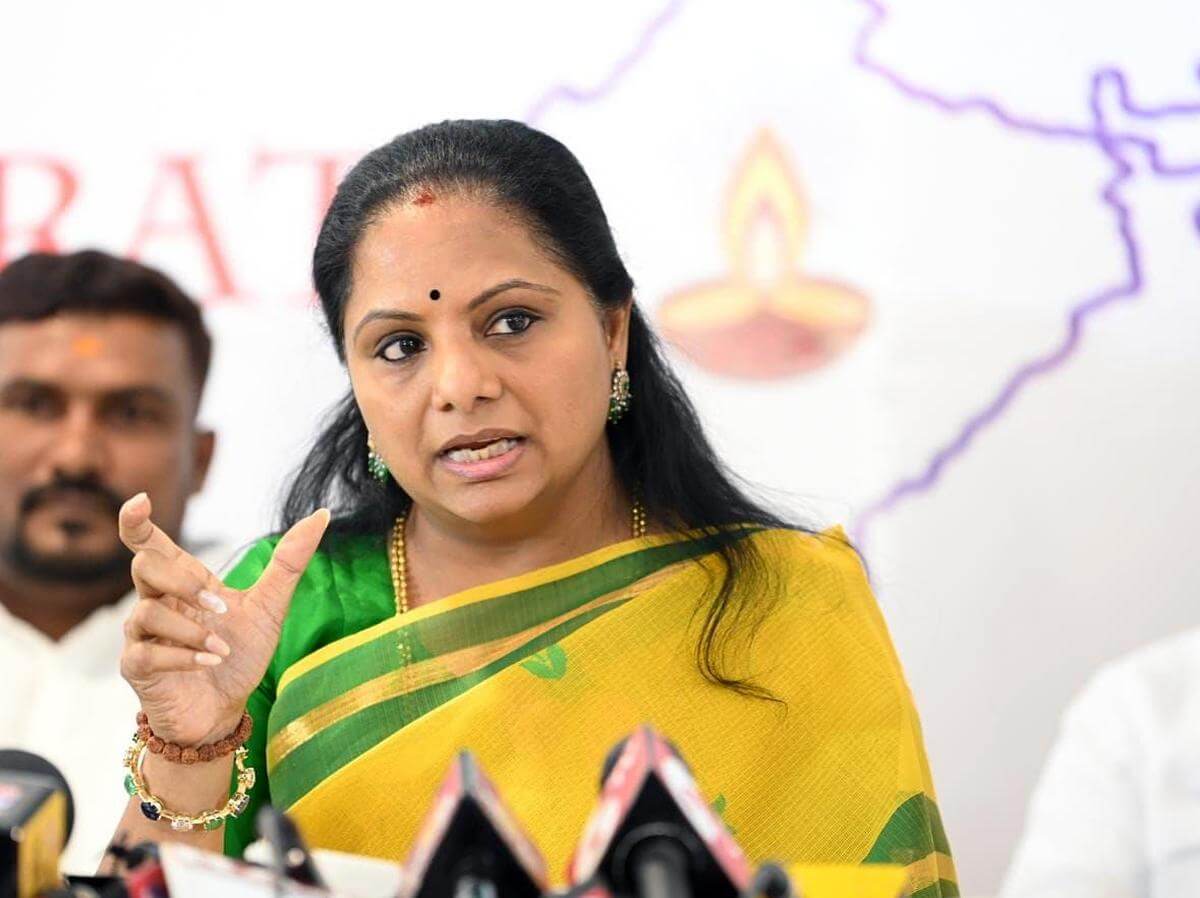
.jpg)
.jpg)
.jpg)
.jpg)
.jpg)
.jpg)


















